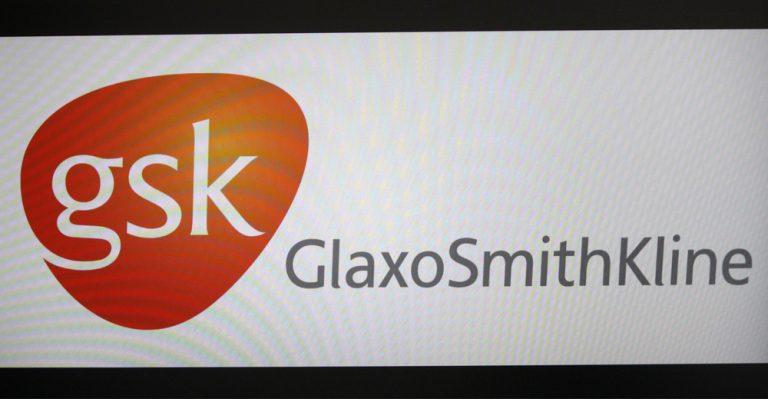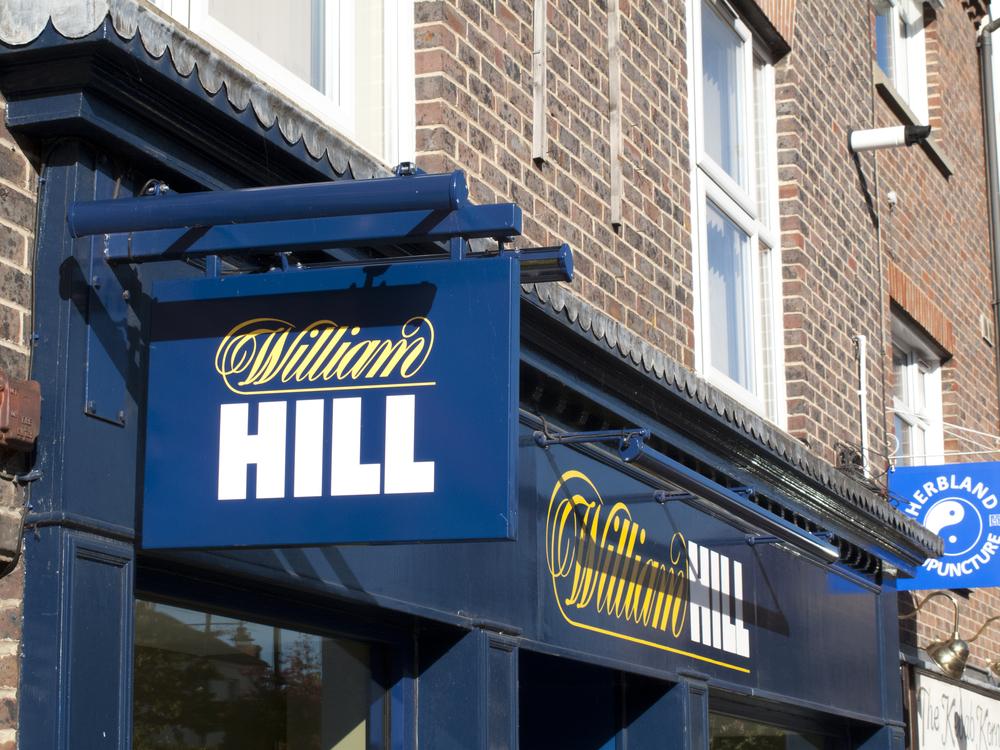Fashion giant H&M (STO: HM-B) has reported a 61 percent fall in profits from this time last year,
blaming the unusually cold winter.
The world’s second-biggest clothing chain said profits fell due to
lower sales and steep markdowns.
The group posted profits of 1.3 billion Swedish krona (£112 million), which is compared to the 3.2 billion krona worth of profits for the same period last year.
“Weak sales in the fourth quarter, partly caused by imbalances in the assortment for the H&M brand, resulted in the need for substantial clearance sales in the first quarter,” said Karl-Johan Persson, chief executive of H&M.
“The high level of clearance sales combined with unusually cold winter weather had a negative impact on the sales of the spring garments. In the first quarter the H&M group’s sales were unchanged in local currencies.”
“Many of our ongoing initiatives are giving good indications and results, even though they have not yet been implemented at a large enough scale to have a decisive effect on the overall results. The weak sales development combined with substantial markdowns had a significant negative impact on results in the first quarter,” he added.
H&M currently has 4,700 stores in 69 countries, most of them are H&M stores but a growing number of mid-market chains, & Other Stories and Cos.
This year, the group plans to open 220 new stores – 90 of these & Other Stories and Cos.
Following the fall in profits, shares in H&M fell five percent in early trading to their lowest point since 2008.
The fashion retailer remains positive and expects to see increased sales and growth in profit over the year.
“We take a long-term view that, together with our knowledge and experience enable us to navigate through times such as this… back to healthy growth in both sales and profitability,” said the group.










